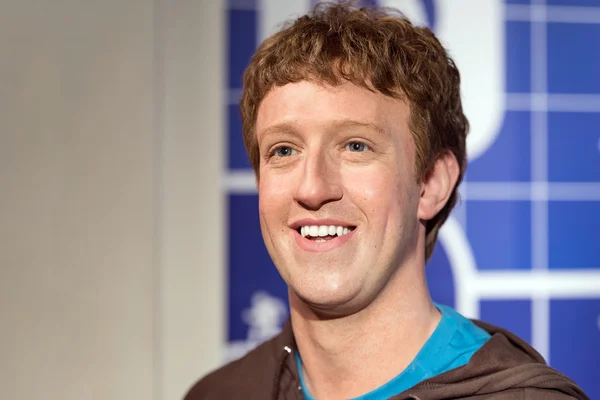In a significant ruling, Meta CEO Mark Zuckerberg will not face personal liability in lawsuits that claim his company, Meta Platforms, has fueled social media addiction among children. U.S. District Judge Yvonne Gonzalez Rogers in Oakland, California, ruled Thursday that Zuckerberg cannot be held accountable in his personal capacity for allegedly directing efforts to hide the mental health risks associated with Facebook and Instagram.
Judge Rogers dismissed the accusations against Zuckerberg, emphasizing a lack of clear evidence pinpointing his direct actions in concealing these risks. The judge noted that “control of corporate activity alone” doesn’t automatically place personal responsibility on a CEO. This ruling, however, does not impact ongoing claims against Meta itself, which remains at the center of the legal battles.
The plaintiffs in these lawsuits argue that Meta has engaged in practices designed to addict young users to its platforms. They contend that Zuckerberg, as Meta’s co-founder and CEO, is the “guiding spirit” behind these alleged actions and that he ignored repeated internal warnings about potential harms. Despite these claims, Judge Rogers found insufficient evidence to hold Zuckerberg personally accountable.
These cases form part of a much larger legal campaign against social media giants, including Meta, Google, TikTok, and Snapchat. Currently, hundreds of lawsuits are active across the U.S., filed by children, parents, and school districts, all seeking accountability for the alleged impacts of social media on youth mental health and well-being. This surge of legal actions highlights concerns about issues such as anxiety, depression, and academic disruptions linked to excessive social media use.
In addition to individual lawsuits, dozens of state attorneys general are also investigating whether social media companies have contributed to a public health crisis by prioritizing profits over user safety.
Previn Warren, an attorney with Motley Rice and a representative for the plaintiffs, expressed a commitment to pursuing justice, stating that his team will continue gathering evidence to hold tech companies accountable. Warren emphasizes the need to uncover what he calls Big Tech’s focus on profits at the expense of youth safety.
Meta has maintained that its platforms are designed with safety in mind and regularly introduces features to help parents and users monitor and control time spent on the platform. However, the company continues to face significant criticism regarding its responsibility to protect younger users.
This ongoing battle underscores the growing scrutiny around social media platforms and the responsibility tech giants hold in safeguarding mental health, particularly among young users. With cases still pending against Meta, this legal chapter is far from over, as advocates push for further evidence and accountability in the digital age.
